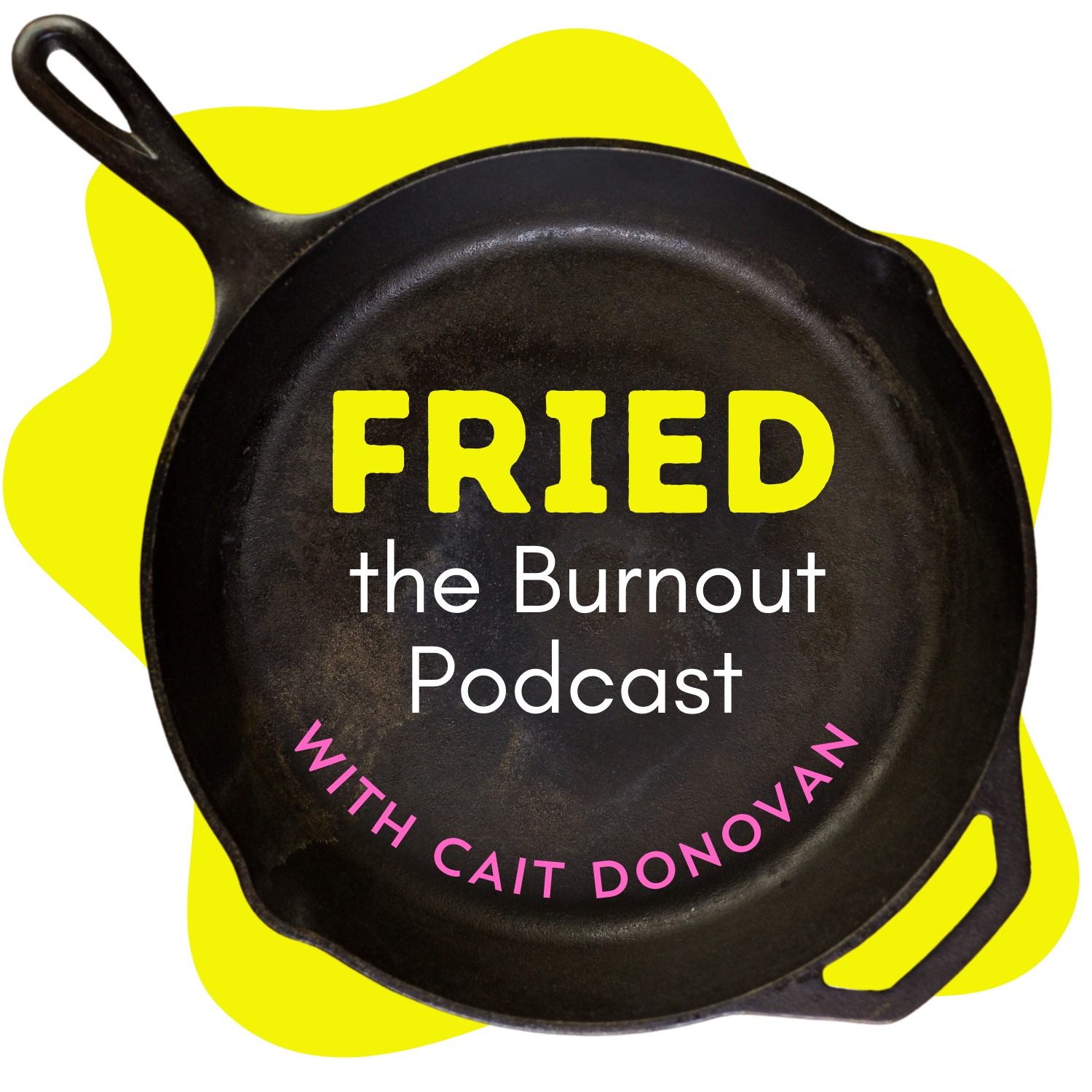
Understanding the Difference Between Burnout and Stress
In this episode, the host delves into the distinction between burnout and stress, shedding light on their characteristics and effects. Burnout is not simply an intensified form of stress, but rather a result of chronic and unresolved stress over an extended period of time. It is marked by feelings of physical and emotional exhaustion, cynicism and detachment, as well as a decline in productivity and impact. To be classified as burnout, all three of these factors must be present.
On the other hand, stress is a natural response to challenges and has a time-bound measure. It is not necessarily problematic and can be managed effectively with rest and sleep. One way to differentiate between stress and burnout is by assessing how quickly one can recover. If a few days of rest or a good night's sleep can restore one's energy and well-being, it is likely just stress. However, if recovery is difficult or seemingly impossible, it may be burnout.
Burnout can manifest in various physical and mental symptoms, including headaches, digestive problems, explosive emotions, frequent illnesses, anxiety, and depression. Recognizing these signs is crucial in addressing burnout and seeking appropriate support.
When experiencing burnout, it is important to shift focus towards burnout recovery rather than solely relying on prevention techniques. The episode explores various techniques that can aid in relaxation and rejuvenation, such as yoga nidra, body scans, and non-sleep deep rest. These practices can help relax the body and rejuvenate the brain, promoting healing and recovery.
Recovering from burnout is a process that takes time, ranging from 12 months to three years or even longer. It is not a quick fix, and seeking professional help may be necessary. Working with a burnout coach or therapist can expedite the recovery process and provide valuable guidance and support. It is essential to remember that seeking support is not a sign of weakness, but rather a proactive step towards healing and well-being.
Introduction:
In this episode of Fried. The Burnout Podcast, I delve into the topic of differentiating between burnout and stress. I often encounter this question from you, my magic listeners, and others: whether it's at conferences, speaking gigs, or even in the Facebook group. Understanding the distinction between burnout and stress is crucial to address the issue effectively. So let's explore how to recognize and differentiate between these two conditions.
1. Defining Burnout and Stress:
Burnout is not simply an escalated form of stress but rather an end result of chronic, unresolved stress over extended periods. According to the World Health Organization, burnout is characterized by three key elements:
- Feelings of physical and emotional exhaustion
- Cynicism and detachment
- A lack of impact and productivity
2. Stress:
Stress, on the other hand, is a natural response of the body to any challenge, be it environmental, emotional, or physical. It is a short-term reaction with a time-bound measure, meaning it arises and subsides, especially when the stress cycle is completed.
3. Recoverability as a Differentiating Factor:
One way to distinguish stress from burnout is by assessing recoverability. When experiencing stress, a few days of rest or a good night's sleep can often suffice to rejuvenate and return to a state of equilibrium. However, in the case of burnout, recovery becomes challenging. Even extended periods of rest may not alleviate the symptoms, making individuals feel stuck in a perpetual stress cycle.
4. Identifying Burnout Symptoms:
Burnout manifests in a host of physical and mental symptoms, such as headaches, digestive issues, explosive emotions, frequent colds and flus, anxiety, and depression. These symptoms persist and hinder one's ability to move forward.
5. The Timeframe for Burnout Recovery:
Addressing burnout requires understanding that it is not a quick fix. Unlike simple stress, which can be managed relatively swiftly, burnout recovery can take anywhere from 12 months to three years, and in some cases, even longer. Patience and consistent effort are vital during this process.
6. Seeking Professional Support:
Navigating burnout alone can be overwhelming. Seeking help from professionals specializing in burnout recovery can significantly speed up and ease the process. Burnout coaching and therapy can work hand in hand to provide comprehensive support.
Conclusion:
The key takeaway from this episode is that if you find yourself unable to recover from exhaustion and stress despite various attempts, it might be burnout rather than just stress. Recognizing the difference is crucial to implement the right strategies for recovery. Remember, seeking help from professionals can make a significant difference in your burnout recovery journey. You don't have to face it alone.
To access coaching sessions with Cait or Sarah, book a call at bit.ly/callcait or bit.ly/callsarahv, respectively.
Our expertise can guide you through the process and offer support for your full burnout recovery process! :)
[Show Notes Captured thanks to ChatGPT]